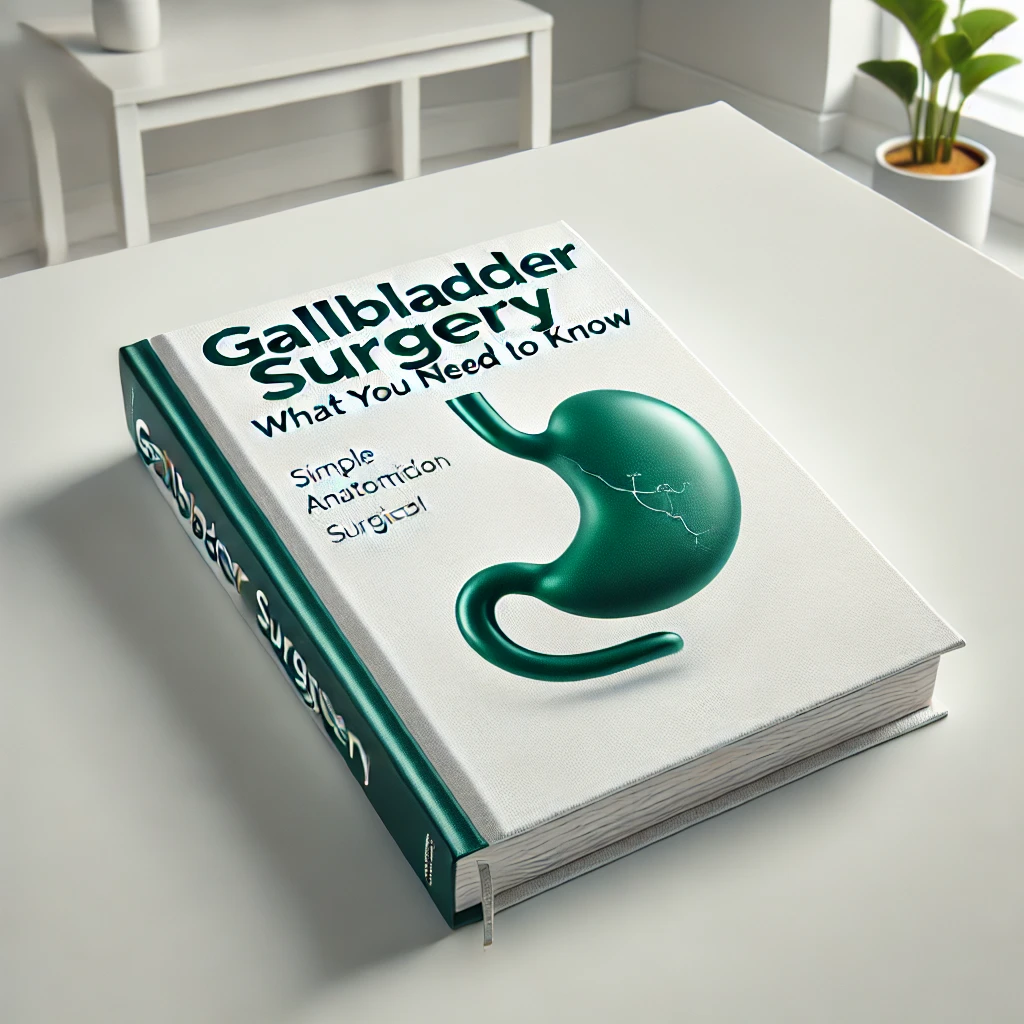What Happens to Your Body After Gallbladder Removal? Here’s What You Need to Know

What Happens to Your Body After Gallbladder Removal? Here’s What You Need to Know
Gallbladder removal, or cholecystectomy, is one of the most common surgeries in the U.S. While it can relieve the pain of gallstones and prevent serious complications, many patients are surprised by the digestive changes and long-term effects they experience afterward.
Your gallbladder plays a key role in digestion — especially when it comes to processing fats. When it’s removed, your body must adapt to life without this important organ. Some people feel better immediately. Others struggle with bloating, diarrhea, indigestion, or nutrient deficiencies.
In this article, we’ll explain what happens to your digestion after gallbladder removal, what symptoms you may experience, and how to support your liver, gut, and overall health naturally.
What Does the Gallbladder Do?
The gallbladder is a small, pear-shaped organ located beneath your liver. Its main job is to:
- Store and concentrate bile, a digestive fluid produced by the liver
- Release bile into the small intestine in response to fatty meals
- Help emulsify fats so they can be absorbed properly
Bile also helps:
- Eliminate toxins and cholesterol
- Regulate the gut microbiome
- Support fat-soluble vitamin absorption (A, D, E, K)
Without a gallbladder, bile flows continuously from the liver into the small intestine, even when it’s not needed — which can lead to digestive issues.
What Happens After Gallbladder Removal?
1. Bile Flow Becomes Continuous (and Less Concentrated)
Without a gallbladder to store and release bile at the right time:
- Bile trickles continuously into the intestines
- It's less concentrated, making it less effective at breaking down fats
- Fat digestion becomes more difficult — especially after high-fat meals
This can lead to symptoms like:
- Gas and bloating
- Loose stools or diarrhea
- Greasy or floating stools
- Nausea or indigestion
2. Fat and Fat-Soluble Vitamin Absorption Decreases
Because bile isn’t being released efficiently:
- Fats may not be digested or absorbed fully
- You may become deficient in fat-soluble vitamins like A, D, E, and K
Symptoms of deficiency over time can include:
- Dry skin or brittle hair
- Fatigue or muscle weakness
- Poor night vision
- Easy bruising or slow healing
3. Increased Risk of Gut Imbalance and SIBO
Bile also has antimicrobial properties that help control bacterial growth in the small intestine.
After gallbladder removal:
- Inconsistent bile flow may allow bacterial overgrowth (SIBO)
- This can lead to symptoms like bloating, brain fog, and IBS-like symptoms
If you already had gut issues, removal of the gallbladder may exacerbate dysbiosis or inflammation.
4. Liver Takes on More Work
Since the gallbladder is gone, your liver must:
- Produce a steady stream of bile, 24/7
- Compensate for changes in fat digestion and toxin removal
If liver function is already sluggish, this may lead to:
- Slower detoxification
- Higher cholesterol
- Hormonal imbalances, since bile helps eliminate excess estrogen
Supporting liver health becomes even more important after surgery.
5. You May Be More Sensitive to Certain Foods
Common post-cholecystectomy triggers include:
- Fried and greasy foods
- Large, high-fat meals
- Dairy or rich sauces
- Spicy foods
- Alcohol and caffeine
Some people develop bile acid diarrhea, where bile irritates the colon and causes urgency. This can often be managed with diet changes, bile acid binders, or digestive support.
How to Support Your Body After Gallbladder Removal
1. Eat Smaller, Low-to-Moderate Fat Meals
- Avoid large or high-fat meals, especially early on
- Use healthy fats (olive oil, avocado) in moderation
- Spread fat intake throughout the day
2. Support Digestion with Bile Salts
- Supplements like ox bile or digestive bitters can help improve fat digestion
- Take with meals that contain fats to enhance absorption
3. Take Digestive Enzymes
- Lipase and other enzymes assist in breaking down fats and proteins
- Helpful for preventing bloating and indigestion
4. Nourish Your Liver
- Eat liver-supportive foods: leafy greens, beets, dandelion, turmeric, milk thistle
- Stay hydrated and minimize alcohol and processed foods
5. Watch for Nutrient Deficiencies
- Ask your provider to check vitamins A, D, E, and K, as well as omega-3s
- Supplement if needed to maintain energy, immunity, and hormone balance
6. Support Gut Health
- Use probiotics and prebiotics to reduce SIBO risk and improve digestion
- Avoid inflammatory foods (gluten, processed sugar) that irritate the gut lining
When to Seek Medical Help
After gallbladder removal, contact your provider if you experience:
- Ongoing diarrhea or urgency
- Unexplained weight loss
- Nutritional deficiencies
- Persistent pain, especially in the upper right abdomen
- Symptoms of liver dysfunction (yellowing of the skin, dark urine, pale stools)
A functional medicine approach can help identify and address the underlying imbalances that often appear after gallbladder removal.
Functional Medicine Can Help You Thrive Without a Gallbladder
At Sheen Vein and Cosmetics, we specialize in supporting digestive health, liver function, and nutrient balance before and after gallbladder removal.
Our functional medicine approach includes:
- Comprehensive lab testing
- Bile and enzyme support
- Gut healing protocols
- Personalized nutrition and supplement plans
Whether you’ve just had surgery or are struggling years later, we’ll help restore your digestive balance and optimize your long-term health.
Call to Action:
Struggling with digestive issues after gallbladder removal? We can help. Contact Sheen Vein and Cosmetics today to schedule a functional medicine consultation and get your digestion, energy, and health back on track.